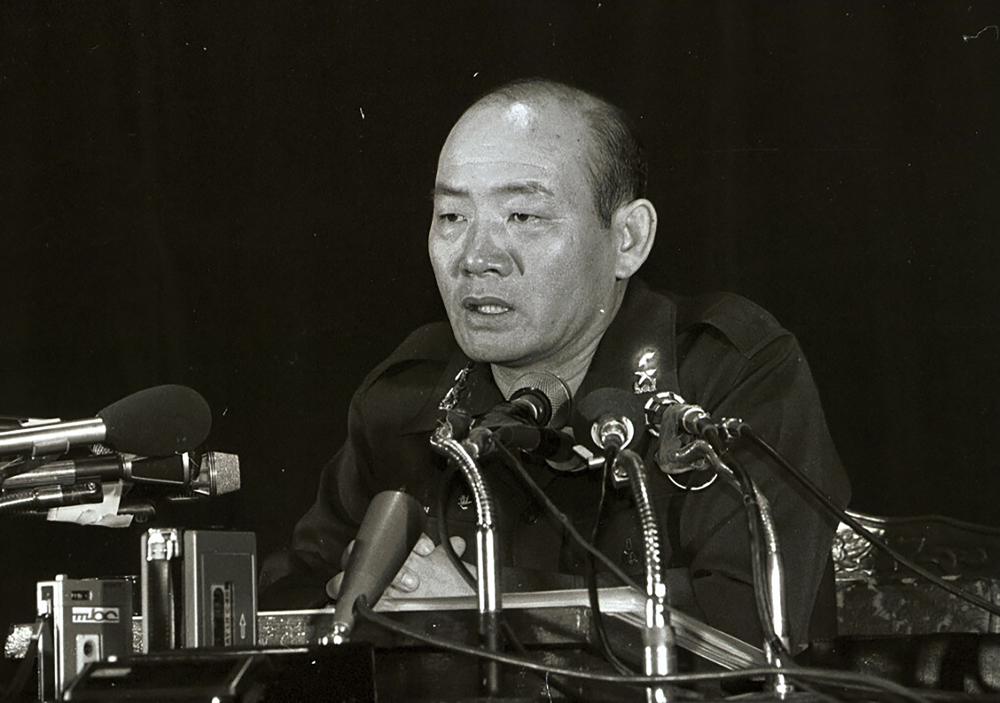Former South Korean military strongman Chun Doo-hwan, who seized power in a 1979 coup and brutally crushed pro-democracy protests before going to prison for misdeeds while in office, died Tuesday. He was 90.
According to AP, Chun, who suffered in recent years from Alzheimer’s disease and a blood cancer, was declared dead after a heart attack at his Seoul home, police and emergency officials said.
Chun’s rule lasted until 1988 and remains for many South Koreans a time marked both by severe political repression, as well as rapid social and economic changes. Chun’s coup extended military-backed rule of the country, after the assassination of his mentor and former army general, Park Chung-hee, who had held power since 1961. During their back-to-back dictatorships, South Koreans suffered huge human rights abuses but the country’s economy grew dramatically from the ruins of the 1950-53 Korean War.
Chun was an army major general when he seized power in December 1979 with his military cronies. Tanks and troops rolled into Seoul in a coup that came less than two months after Park was assassinated by his own intelligence chief during a late-night drinking party after a harsh 18-year rule.
Chun quickly consolidated his power by launching a bloody crackdown on a civil uprising in Gwangju. Government records show about 200 died due to the crackdown, but activists say the death toll was much higher. Chun’s government also imprisoned tens of thousands of others, saying it was rooting out social evils.
Chun’s military tribunal arrested prominent opposition leader Kim Dae-jung and sentenced him to death for allegedly fomenting the Gwangju uprising. After the United States intervened, Kim’s sentence was reduced and he was eventually freed. Kim later became president and won the 2000 Nobel Peace Prize for his efforts to promote democracy in South Korea and reconcile with rival North Korea.
Despite political oppression, South Korea’s economy boomed during Chun’s tenure. He introduced several liberalizing measures, including an end to a Korean War-era curfew and an easing of restrictions on overseas trips. South Korea also won the rights to host the 1988 Summer Olympics, which were seen as celebrating the country’s economic rise. The Olympics were held after Chun left office.
Many conservatives still view Park as a hero who pulled the country up from poverty, but for most people Chun is a highly negative figure, mainly because of the Gwangju crackdown. Chun never apologized and refused to acknowledge he was behind orders to fire on demonstrators in Gwangju.

